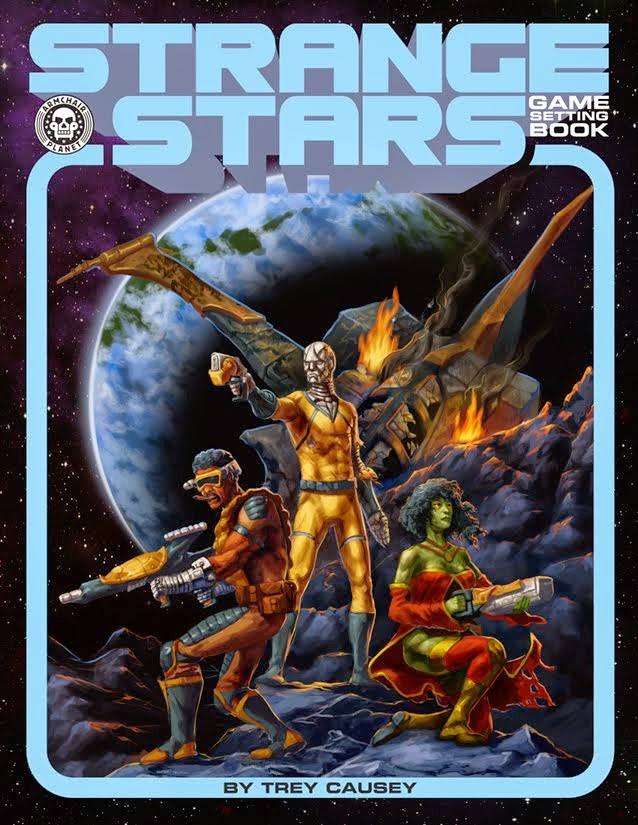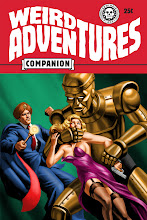Icon, Legacy, and Testament by Frank Frazetta. Who doesn't like Frazetta? Monsters, warriors, and babes--Frazetta's paintings have the quintessential elements of pulp fantasy. Is there anyone else whose work touches comics, sword and sorcery, and various flavors of rock? The art of Frank Frazetta has given me a lot of gaming inspiration over the years. Back in the day, I had the idea of making a campaign world based on all the paintings in The Fantastic Art of Frank Frazetta Book Two (which was the only volume I had). Looking through these volumes, I sometimes think about that again.
The Pursuit of the Millenium by Norman Cohn. This is the most scholarly book on this list, but its fascinating. Cohn chronicles the various millenarianist cults in Western Europe between the eleventh and sixteenth centuries. Religions in rpgs tend to be woefully bereft of the heresies, cults, and sectarian struggles that plagued the real world--which is unfortunate, because that's the kind of conflict that games could thrive on. Cohn offers up plenty of examples of cultic craziness to inspire your own.
The Magicians Companion by Bill Whitcomb. This is a really handy guide to a bunch of real world mystical traditions organized numerically, from unity up through--uh--91-ities? It's also got straight-forward overviews of mystic writing systems, alchemy, herbalism, and other stuff, and tops it all off with a cool glossary of mystical/occult terms. The presentation makes it really easy steal pieces and drop it into a game for some real world color. The elemental correspondence charts alone (planets, metals, directions, elemental kings, etc.) are probably worth it.
Things That Never Were by Matthew Rossi. This one is kind of "fictional nonfiction" or, as the introduction by Paul Di Filippo would have it, "speculative nonfiction." What Rossi does is write imaginative essays that do things like cast Doc Holliday as a Masonic Fisher King, speculate on the lost knowledge of Hypatia of Alexandria, and recast the Titanomachy as a generational battle between superhumans uplifted by alien nanotechnology. In other words, a lot of it reads like a game already. Every essay has something worth snatching, or at least will get the the creative juices following.











2 comments:
Those Frazetta books are top-notch, I enjoy them all. I just need to find his collection of sketches called Rough Work now.
Yeah, I don't have rough work yet either, but I plan on getting it.
Post a Comment